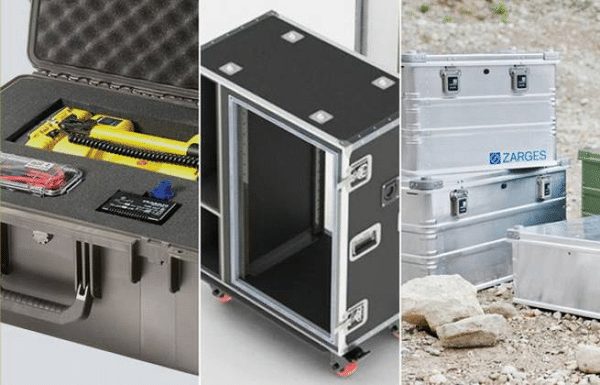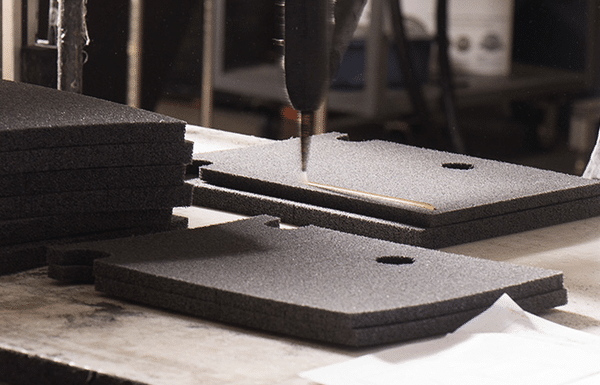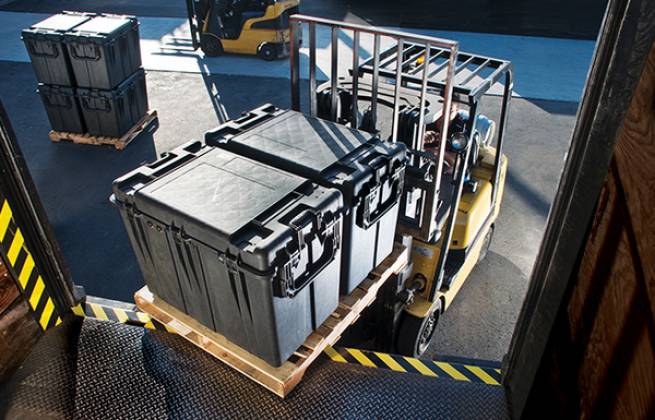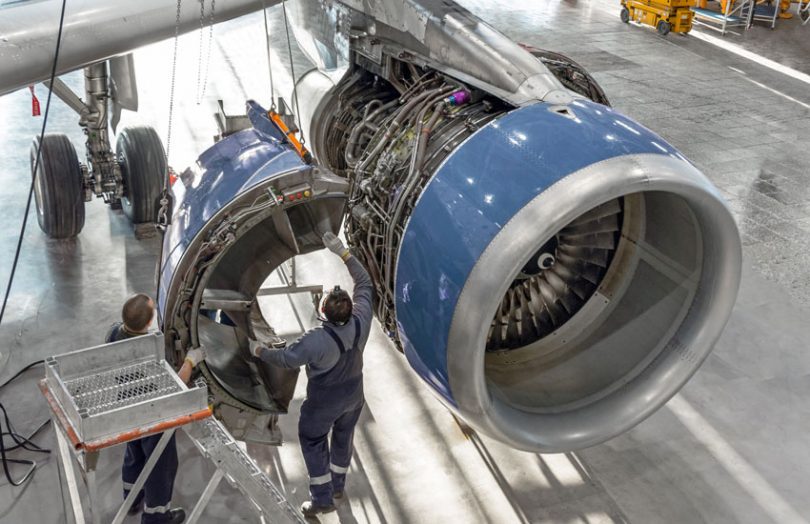These 5 Tips Could Save Time and Wasted Money (and Help You Avoid Headaches)
If you’ve got some extremely fragile and valuable cargo ready to ship, you’re probably in the market for a strong case with custom cut foam (and if you aren’t, you should be!). Following these five guidelines for choosing a case with custom cut foam, and you just might avoid the embarrassment and expense of those “broken-on-arrival” shipments.
Mistake #1: Expecting the best
When it comes to moving expensive equipment, whether it’s shipping, hand carrying or any other kind of transport, you should always prepare for the worst. Shocks, drops, spills, poor handling and exposure to the elements are just a few of the very real risks you’re subjecting your equipment to when moving it from place to place. Your case should be designed to incorporate every precaution that’s reasonable based on the value of the equipment within.

Mistake #2: Not understanding your equipment’s foam load
There are many kinds of foam, each with its own long list of potential customizations. One of the reasons these customizations are so important is a small, but very critical, measurement called the foam load. Each side of your equipment that has contact with the custom foam insert has its own foam load, which is calculated by dividing the total weight of the equipment in pounds by the side surface area in square inches. The foam load is a significant factor in determining the features of your custom case interior foam, including its compression set, tensile strength and support factor.
Mistake #3: Assuming fragility is a no-brainer
After all, it doesn’t take a rocket scientist to know an MRI machine is more fragile than, say, a solid molded part. But things get a bit more complicated when the goal is to provide maximum protection during transport. Different types of equipment have highly specific levels of fragility, measured by what we call the g-factor—a calculation directly related to the g-forces a piece of equipment can endure without sustaining damage. In some projects, a precise g-factor is so critical we’ll conduct laboratory testing, where we subject the equipment to a series of drop tests utilizing accelerometers, gathering data along the way.

Mistake #4: Choosing the wrong case material
When it comes to the outer shell that protects your equipment, a case is definitely not a case. For example, some items require protection from EMI/RF frequencies, and there is no better outer material for this type of protection than aluminum cases, like those manufactured by Zarges. Shipping equipment at high altitudes often requires a pressure-regulated and airtight shell. The plastic material used for cases by companies like Pelican is the best bet for these customizations. And wood/composite cases, such as those by Wilson and Anvil, are made by combining various elements and panels, allowing us to fashion a custom case for even the most strangely shaped items.
Mistake #5: Failing to understand necessary certifications
For some items, shipping can be very serious business, because improper packaging can spell disaster. Spending your valuable resources getting something ready for shipment, only to find out its packaging doesn’t pass muster can be frustrating and expensive. And with so many certifications out there, knowing which one applies can be nearly impossible. Our custom cases are designed to meet industry certifications including IP67, IP66, Def Stan 81-41/STANAG 4280, MIL C-4150J, IP57, ATA 300, IP65, MIL-STD-810F, ASTM D775 – Drop, ASTM D951 – Water Resistance, ASTM D999 – Vibration, MIL-STD-810F, and FED-STD-101C. That’s some serious alphabet soup!
The great news is, with Custom Case Group on your side, you don’t ever have to worry about making any of these mistakes. No matter what your shipping needs, we have the experience and know-how to make just the custom case you’re looking for.
Like to learn more about your custom case options? Check out some of the success stories below:
Client: Microsoft – Rugged Rackmount Custom Case
Client: Boeing – US Navy Custom Case for Transport


